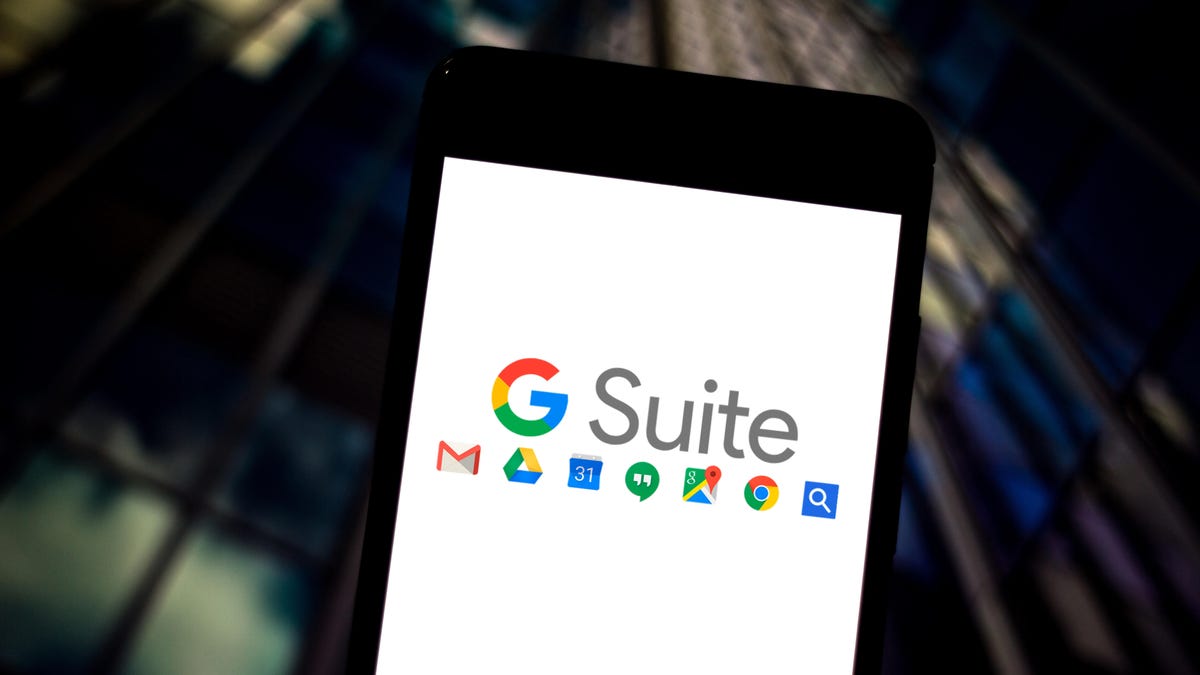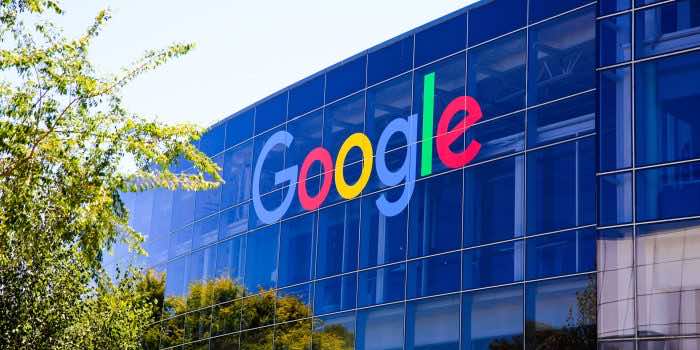A Florida restaurant group has accused Google of hijacking customer orders by redirecting them to an unauthorized online storefront.
According to the lawsuit that they have filed, “Google’s ‘Order Online’ button gives rise to an unauthorized online shopping platform ultimately controlled by Google—where customers can make purchases for the restaurant’s product lines, all under the restaurant’s trademark name.” “Google prominently displays the restaurant’s tradename at the top of the page, over the location and menus, to give users the unmistakable sense that the storefront and items are approved and endorsed by the restaurant, even when they’re not.”
The issue is that the ordering systems are allowing this connection without the restaurant’s authorization. (Or, even worse, placing orders without the restaurant’s permission?). Google just provides an API that allows restaurant ordering through Maps, Search, and other Google services. It links to the ordering site. By uploading data feeds and developing a server with a specified interface, ordering platforms interact with this API.

For many years, Google has been running its search engine as a reputable source for indexed searches, with subtly integrated advertisements. Now that they control the whole phone market, they could skew results in favor of anyone who pays for marketing with them under the table, and this is not obvious to users. The problem is that the leaden site is posing as the actual eatery in order to collect a charge. This isn’t simply “why complain about DoorDash charging a charge when you use DoorDash?”, it is an issue of “business X is impersonating restaurant Y in order to charge a fee while adding no content.”

Google appears to have attempted to offer this API directly to eateries at first. As a result of the flagrant trademark infringement and restaurant imitation, it was intended to operate directly with the consent of the restaurants. When that failed, they moved on to third-party distributors who had no rights to the trademarks, without modifying the increasingly fraudulent interface. It’s unclear when the Ordering App or the “Order Online” button reversed direction if it ever did—there are few details about the acquirement or the item that’s publicly available—but the lawsuit claims that Google decided to market it to food delivery services rather than restaurants at some spot.



